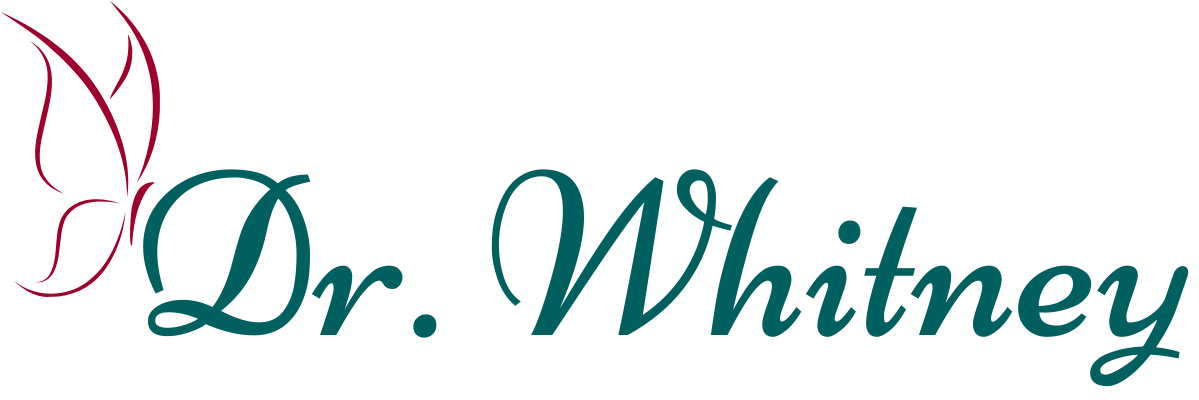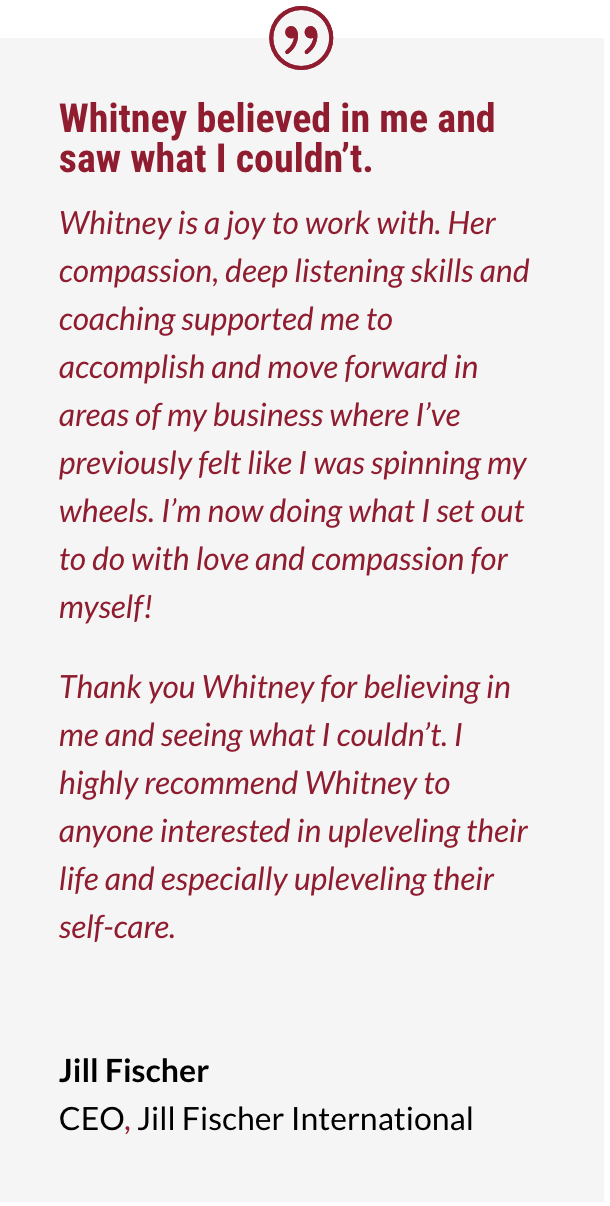How to Live a Meaningful Life: 5 Tips to Find Your Purpose, Manifest Your Values, and Increase Happiness
Ever hear stories about people who seem to “have it all” but still aren’t happy?
They have wealth and the many luxuries it can afford, but… something is missing.
That’s because the accumulation of wealth and material possessions doesn’t equate to happiness and fulfillment.
What may be missing is meaning.
Without meaning, life can feel merely like an accumulation of experiences.
When you learn how to live a meaningful life, everything you do and everything that happens for you has a purpose.
Even now, the coronavirus outbreak has a purpose. And it’s up to you to find that meaning and understand it.
We’ll be exploring why and how you can do that in the sections below.
When you learn how to live a meaningful life, everything you do and everything that happens for you has a purpose. Share on XHow Meaning Can Create Huge Changes In Your Life
When you seek meaning in your life, you have access to a greater sense of well-being:
- Improved mood
- Increased life satisfaction
- Greater resilience to adversity
- More productivity because you’re working towards your purpose
- Creative expression
- Feeling energized
And here’s something else that meaning and purpose can do for you: help you live longer!
That’s right! A recent study discovered that for adults over the age of 50, “a stronger purpose in life was associated with lower all-cause mortality.” This might be attributed to how having a purpose can lower your cortisol levels and increase your motivation to pursue an active and healthy life.
So, if you’re feeling like your life lacks direction… If you’re waist-deep in pessimism or nihilism… It may be that there’s insufficient meaning or purpose to guide you.
If this is you, here are a few ways to cultivate more meaning in your life:
5 Tips on How to Live a Meaningful Life that You Design and Love
#1 Live a Value-Driven Life
A good starting point for living a meaningful life is your values.
What values are important to you? Some popular values include:
- Honesty
- Creative expression
- Knowledge
- Family
- Courage
- Optimism
- Spirituality
- Community
- Patriotism
Take inventory of your daily life and compare them to your core values.
Is what you’re doing aligned with what’s important to you?
If creative expression is important to you, are you making time for a hobby like writing or painting? If you value courage, is your comfort zone something you hide within or regularly challenge?
With each action you take moving forward, ask yourself, “Does this align with my values? Is this something that a person with this value would do?”
What value is most important to you? What is your next step for weaving it into your daily life? Share your answer in the comments below.
#2 Build Relationships that Uplift You
Are your support systems doing exactly that — supporting you?
Will they respond when you call and ask for help?
Or are those systems sources of envy, gossip, and pessimism?
Take a moment to really assess the quality of your relationships.
You might realize that some of the people around you block you from living a more meaningful life. Each time you get bogged down in petty squabbles or friendship politics takes you further away from actualizing your purpose.
If you’re in quarantine, this is an opportunity to distance yourself from the negativity magnets. And for a long life that is abundant in happiness and meaning, it may be time to cut toxic relationships. Build relationships with people that share your values and mission.
#3 Give Meaning to Your Struggles
Whether or not you like it… Whether or not you’re prepared for it… Whether or not you deserve it…
Adversity is present throughout your life.
But will you fight or embrace it?
Many women will resist when they feel overwhelmed with life. They cry at the unfairness of it all — cries that often go unanswered.
Many events in your life are beyond your power — the weather, COVID-19, a tragic loss of a loved one. But this shouldn’t suggest that you’re powerless.
You can still choose your attitude and your actions.
Can you find the lesson in your challenges? Can you ascribe purpose to your adversity?
Even now, with the coronavirus outbreak, what can you learn?
Perhaps it’s a reminder to value your relationships, your community, and the planet.
Everything happens for a reason. And you have the option – it’s within your power to trust that your Higher Power is doing everything it can to lead you in a better direction.
#4 Do a Digital Fast
Social media, electronics, your favorite TV shows on-demand — all of these are subjecting your brain to a dopamine frenzy.
So what does this have to do with living a meaningful life?
It’s because digital dependency might lead you to value instant gratitude; you crave quick wins over meaningful wins.
And by quick wins, I mean …
- Social media likes
- Text notifications
- Victories on mobile app games
- Putting in your two cents on Facebook arguments
Do these things really define a meaningful life for you?
Or perhaps the dazzling sights and sounds are distracting you from your life’s purpose.
Consider going on a digital fast for a few days. Remove the bells and whistles to get to the heart of what is important to you.
If you value creativity, now might be a good time to explore a creative hobby. If you find value in learning, then take this opportunity to enroll in an online course or read a new book.
#5 Cultivate Self-Love
Many women find meaning in the world outside.
Improving their community. Climbing the corporate ladder. Changing legislation, even.
That might be you.
Yet what about finding meaning closer to home — finding meaning within yourself?
Instead of predominantly directing your focus outward, can you pivot and begin to prioritize directing it inward?
Can you appreciate who you are as a woman?
Can you see your strengths and values?
Can you love yourself?
Because there is both power and meaning in loving yourself. When you love yourself, you build a strong foundation on which to grow and thrive. Sign up for my email list to receive helpful and actionable advice on how to cultivate more self-love and purpose in your life.
So, what are you waiting for?
A life brimming with joy, love, and meaning awaits you!
Your purpose is already beckoning.
You need only to answer the call.




